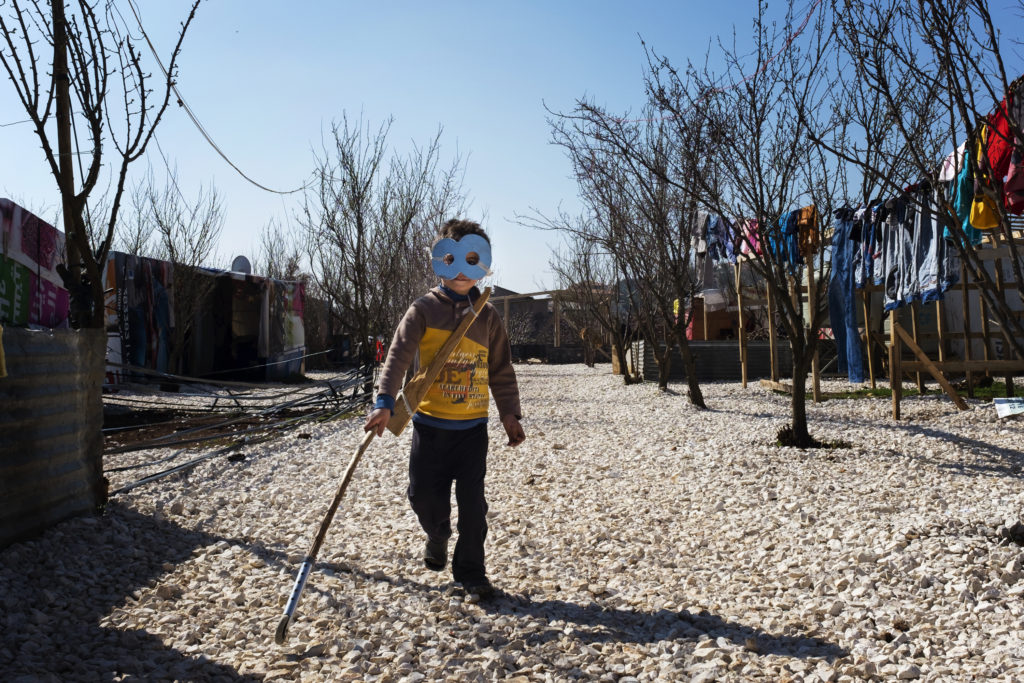#WHSummit scorecard: winners and others

A week after the World Humanitarian Summit in Istanbul, the dust is settling. Some did better out of the two-day meeting than others. Here’s my personal scorecard.
Winners
- Cash. Cash was tentatively crowned king. It’s no silver bullet but coronation is a move in the right direction. It has the double advantage of cutting down on the costs of shipping things to far away places while giving affected people a greater sense of control over their lives. Big donors – like DFID, ECHO and USAID – must now follow through on their commitments.
- Localization. Local organizations – the unsung heroes of humanitarian action – emerged from the shadows as players in their own right. The goal is to channel more funds direct to them rather than through the UN or INGOs. The challenge for the locals is meeting donors’ tough terms and conditions.
- The Movement. The ICRC and the IFRC both did well. The former won praise for what people continue to see as its singular role on the frontlines of humanitarian action while the IFRC, with its national societies, is the embodiment of local knowledge and grassroots engagement.
- Donors. They got a lot of what they wanted – transparency, cash, localization, etc. – without specifying how much additional money they will provide or explaining how they’ll lighten the bureaucratic load on their grantees.
- H2H. A growing body of smaller humanitarian-to- humanitarian (H2H) service providers garnered interest as catalysts able to encourage the big players to learn new tricks The independent assessment of needs, accountability to affected people, and communicating with communities are all areas where their lean approach can jumpstart reform.
- Grand Bargain. The bargain provided a beating heart to a process that had been on life support before EU Commissioner Kristaline Georgieva and her high level panel on humanitarian financing came up with this compelling idea in January 2016. The lack of any kind of surveillance system to track compliance with commitments linked to the bargain is a drawback.
- Turkey. The Turkish government avoided censure about using migrants as bargaining chips in its bid for closer ties with Europe. It also managed to dodge condemnation about the harsh treatment meted out to people who are considered critical of the country’s thin-skinned president.
Others
- Big humanitarian agencies. The supremacy of the UN agencies and big international NGOs was not questioned during the long run-up to the summit but there was plenty of talk in the corridors and at side events about the inevitability of change in the system. The ‘oligopoly’ left Istanbul on notice that their acquired rights should not be taken for granted.
- Participation revolution. There were many speeches about putting people at the center of humanitarian action but the commitments made in Istanbul do not go far enough in closing the gap between listening to people and acting on what they say.
- Harmonized reporting. Hopes that donors might agree on harmonized, lighter reporting requirements were not realized. Credit to ICVA for pushing this agenda. Although many participants lamented the costs of producing documents that few people read, delegates did not agree on how to square the reporting circle. Aid skeptics in donor countries’ legislative bodies remain a stumbling block.
- International humanitarian law. The biggest applause of the summit went to ICRC’s call to respect international humanitarian law. While delegates may clap, things on the ground are not working out. Basic precepts like access to affected people and recognition of the neutral role of humanitarian actors are either ignored or questioned.
- Bridging the gap. There was hype about how the World Bank’s new focus on fragile states will blur the lines between humanitarian and development programs. Dream on… While the Bank is more active in countries vulnerable to humanitarian disasters, there are many reasons – mindset, governance, and business model – that perpetuate the humanitarian-development divide.
- Ban Ki-moon. The Secretary General’s lack of political pulling power was cringingly evident. Angela Merkel was the only high-level leader to accept his invitation.
This list is not exhaustive. By providing a bridgehead to reform, the summit created opportunities. To translate them into better lives for people caught up in humanitarian crises, every organization and actor in the sector must now figure out how they can use the momentum generated by the summit to move things forward, each in their own particular way.
